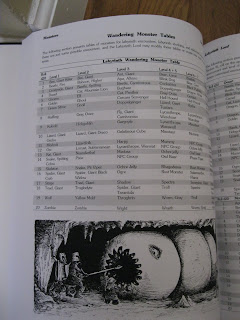This week, my sister got married! (!!!!!!!!)
In the lead-up to the big day, I spent a lot of time driving around Richmond. I discovered anew the poor state of my distance vision while I attempted to find my way to 102 locations around the city. Google Maps was my friend. However, this week I learned something about the aforementioned friend.
Google Maps loves extraneous U-turns.
The simple answer, looking at a map, might be to make a left turn and then another left. BUT, you could shave off 2.374 seconds by making a U-turn at the light, turning right on an unmarked access road, and then turning left onto your target street.
Google Maps: Do it!
Why, Google Maps, why?
Thankfully, as a Master of English, I know that any number of explanations is possible. It all depends on your theoretical framework. For example...
Psychoanalytic
The shape created by a U-turn speaks for itself. GPS devices are associated with the feminine because they often speak with a female voice, so the obsession of GMaps with U-turns is a manifestation of penis envy and the early stage of an Electra complex -- female drivers are particular targets of the software's ensuing rage.
Feminist
Mapping is traditionally a masculine endeavor to control the land, which is portrayed as female. Demanding a U-turn is GMaps's attempt to inscribe a phallic shape on the terrain.
New Historicist
Powerful institutions attempt to contain drivers within a regimented system of roads, and technology like GMaps was invented to serve this end. However, unmarked access roads are traces of an earlier system of roads, so U-turns that utilize these older access points represent the geographical subversion of today's technology.
Post-structuralist
The term "u-turn" represents a collision between the inability of language to account for movement that does not conform to prescribed directions, producing regression to verbiage based on representative sounds and shapes, and the underlying demand of language for an illusion of simplicity as demonstrated in the rejection of the precise term "hyperbolic turn" on the grounds that the adjective "hyperbolic" constitutes a point of contamination between the literary function "hyperbole" and the mathematical shape "hyperbola."
The list could go on and on, endlessly deferred toward the void...





